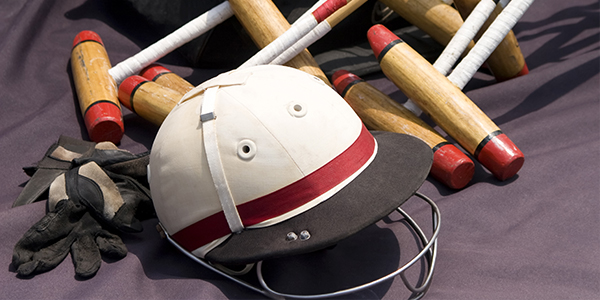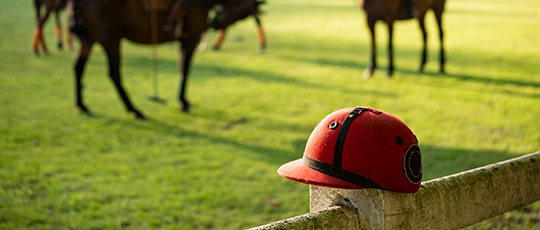
-
Polo history
Established in Middle East Asia between BC 6 ~ AD 1st Century, Polo originated in the Persian region (currently Iran) in the form of training matches between elite cavalcades for the emperor. Soon, Polo was widely spread between the Persian nobles as their national sport, and the matches resembled the battles between empires as the teams were comprised of around 100 players. A record from the 6th century states that the queen and her maids played Polo against King Kosro II Parviz and his attendants, which clearly indicates that women also enjoyed playing Polo.

-
Polo was later spread to different regions including Arabia, Tibet, China, and Japan, where the word Polo in the Baltic language means “ball”. It was told that in 910AD, a Chinese emperor named Yayulabogi (耶律阿保機) ordered all surviving athletes to be beheaded due to the death of his dearest relative during a Polo game. Much later, in the 13th Century, the invasion of Islam led to the spread of Polo in India.
Although there exists a record of Polo in the book 〈Travels to Persia〉, written by Anthony Shirley in 1613, it was known that the first Europeans to play Polo were the English tea farmers living in the Assam Province of India. These people founded the first European Polo Club in 1859.
Soon after in the 1860s, the Calcutta Polo Club was also established.
The fame of Polo spread rapidly during the mid 1860s after the Captain of India’s 10th light infantry watched a Polo game. He was so fascinated that he gathered his fellow officers to form a team, who later played matches with other British cavalry units. By then, there were no strict rules, and a team was comprised of 8 players.
In the mid 1870s, Polo began to gain its fame in England, with matches being hosted at Richmond Park and Hullingham and attracting more than 10,000 spectators. What began as merely a game for soldiers, Polo has now developed into a beloved royal sport, and its rich history and garnered prestige continues to uphold its dignity today.
